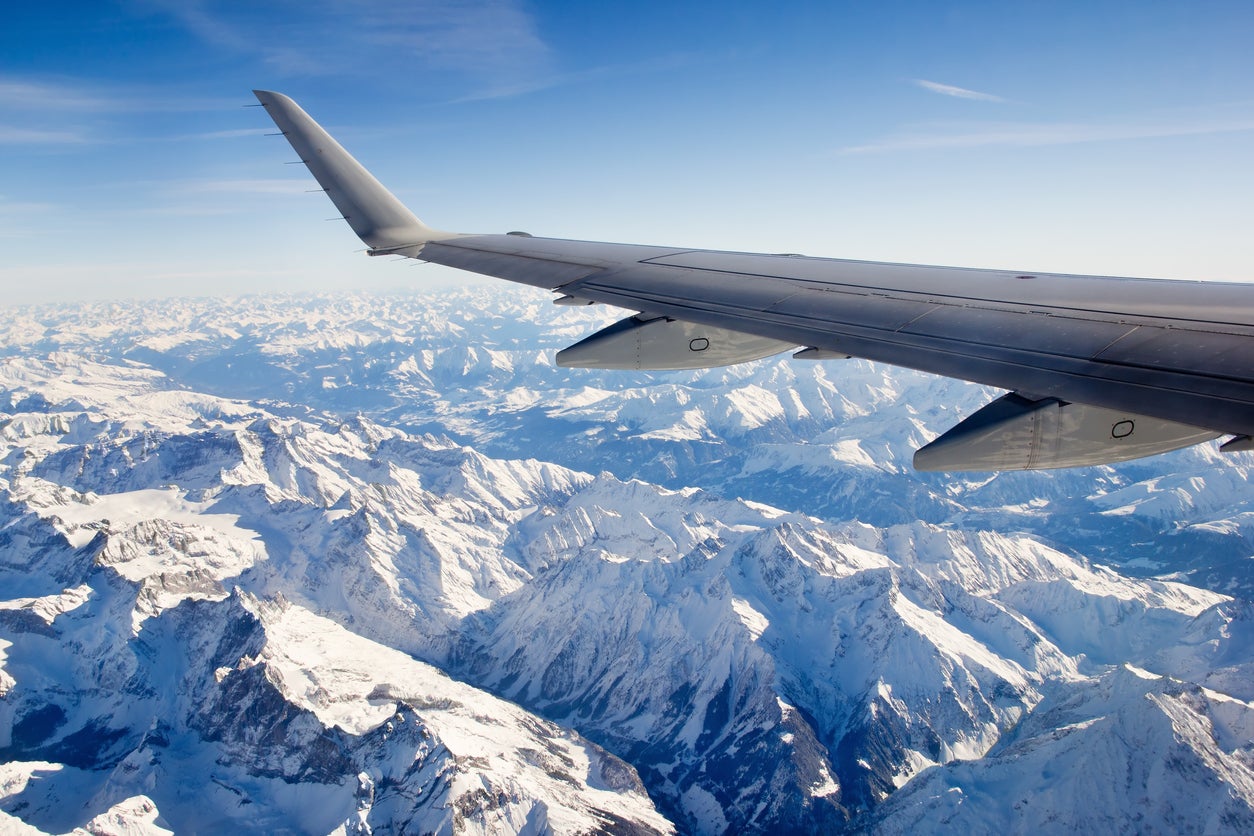One in five passengers fail to show up for flights in run-up to Christmas
‘What everyone is hoping for now is Easter, not Christmas,’ says Eurocontrol boss Eamonn Brennan

Your support helps us to tell the story
From reproductive rights to climate change to Big Tech, The Independent is on the ground when the story is developing. Whether it's investigating the financials of Elon Musk's pro-Trump PAC or producing our latest documentary, 'The A Word', which shines a light on the American women fighting for reproductive rights, we know how important it is to parse out the facts from the messaging.
At such a critical moment in US history, we need reporters on the ground. Your donation allows us to keep sending journalists to speak to both sides of the story.
The Independent is trusted by Americans across the entire political spectrum. And unlike many other quality news outlets, we choose not to lock Americans out of our reporting and analysis with paywalls. We believe quality journalism should be available to everyone, paid for by those who can afford it.
Your support makes all the difference.European Christmas travel has been hit hard by the spread of the Omicron variant, with 20 per cent of air passengers failing to show up for their flights last week.
Eamonn Brennan, the director general of European aviation body Eurocontrol, described the Christmas travel period as a “dead duck”, saying that until Omicron’s emergence in late November, air travel in Europe had been at around 75 per cent of 2019 levels.
“Everything was going stunningly. We expected to be at 82 per cent in December,” he said of travel’s trajectory this year, speaking at a Capa Centre for Aviation webinar.
“Now we’re tracking at 74 per cent. But ‘no shows’ are about 20 per cent. People don’t want to take the risk of travel.”
European travel had only opened up for most Britons in summer 2021, as the government’s red and amber lists were slashed and eventually scrapped in October.
Easing of testing rules in autumn had also boosted bookings for the travel industry, but many countries including the UK have once again ramped up their travel restrictions in an effort to reduce the spread of the new Omicron variant.
At a separate Capa event, Manchester Airports Group corporate strategy director Paul Willis estimated even more of a slump since the introduction of Omicron-related travel bans and restrictions.
“Pre-Omicron we were at about 70 per cent of pre-Covid passenger levels. We’ve seen that dramatically reduce because of the testing regime in place. We’re probably down at 45 per cent of pre-Covid levels now.”
“We’ve not seen a big dumping of capacity, but load factors have reduced significantly,” he added.
Willis blamed the reintroduction of pre-departure tests in November as the final blow to the industry.
“The pre-departure test was the killer. Testing on arrival we can accept,” he said.
Many airlines are expected to slash their capacity in the New Year due to ongoing travel confusion and last-minute travel bans such as France and Germany’s barring of Britons.
“We’ve taken some capacity out of early January to reflect the lower load factors. But we’re still waiting to see the impact of Omicron,” said easyJet’s chief commercial officer, Sophie Dekkers, also at Capa.
She predicts a return to pre-pandemic passenger levels by summer 2022.
Join our commenting forum
Join thought-provoking conversations, follow other Independent readers and see their replies
Comments